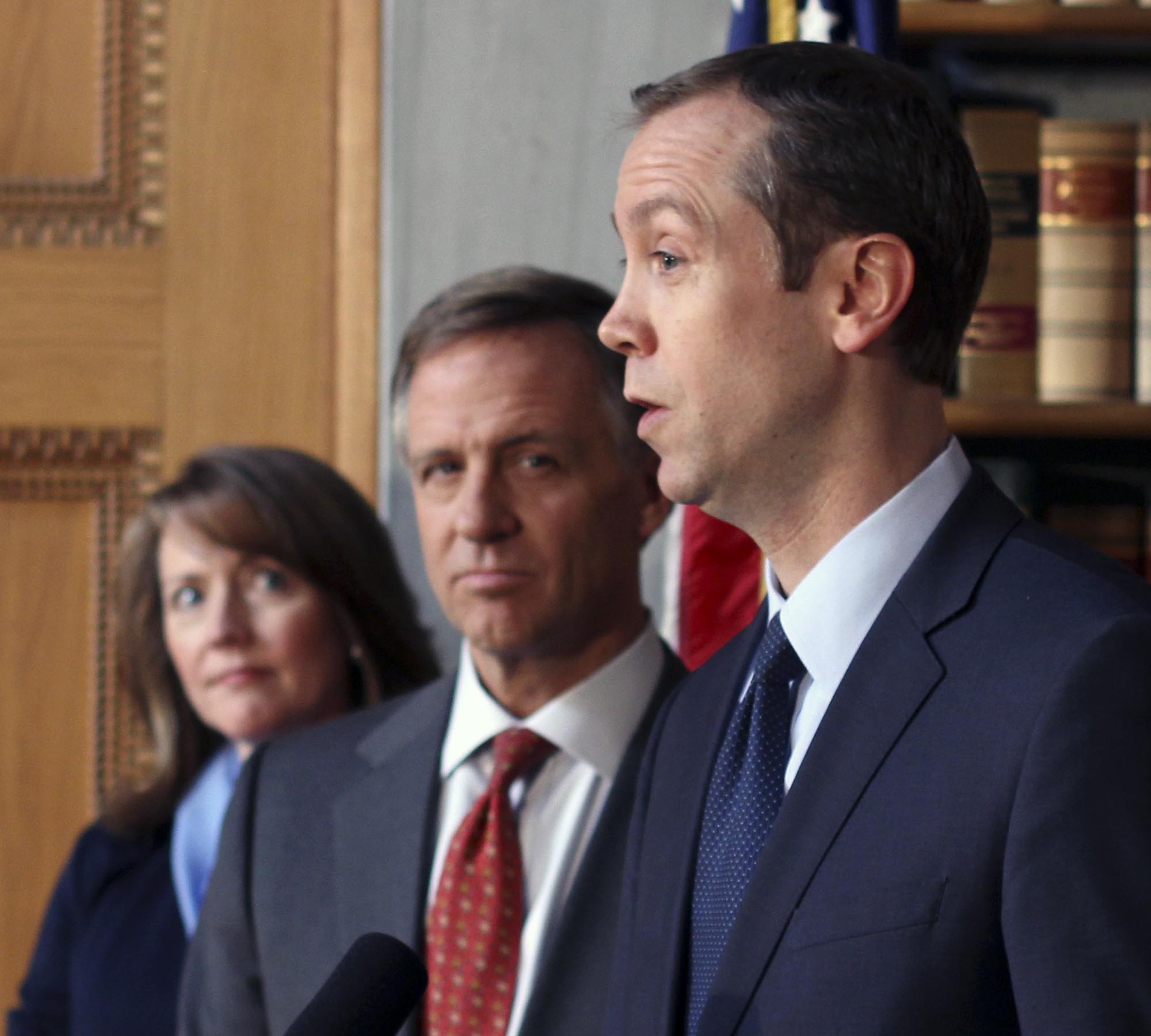Tennessee's new education commissioner says he would consider longer school days and years as one way the state can toss out antiquated education practices and help students improve more quickly.
"We have a calendar in Tennessee not based on the modern world," state education Commissioner Kevin Huffman said in a recent editorial board meeting with The Tennessean.
The biggest obstacle is expense, he said.
Meanwhile, most legislative discussion about Tennessee's school year has concerned when it should start. Many parents would like their children to skip the hotter August days - near 90 degrees - and go into early June, with average temperatures in the low 80s.
Sen. Tim Barnes, D-Adams, co-sponsored a bill to require school districts to start later but still hold classes 180 days. The bill died this session. He said it's questionable whether an extended school year would be worth the expense if Tennessee Comprehensive Assessment Program tests still were administered in April.
"The kind of instruction after is not the same as the concentration before," Barnes said.
TEST-TRAINING TIME
More time in the classroom could relieve pressure from teachers trying to get in volumes of curriculum for testing. As Tennessee and other states move to Common Core Standards - the same set of stringent math and English curriculums for all participating states - low-achieving students across America will need ways to speed up.
"It's being driven by a lot of different things, but the achievement gap is the most important," said Jennifer Davis, president of the National Center on Time & Learning, a Boston-based group in favor of increased school time.
Across the nation, most school districts have not departed from traditional six-and-half-hour school days, 180 days per school year, until more recently, she said.
Charter schools were the first to expand learning time, often going until 5 p.m. and holding classes on Saturdays. In some cases, public schools have felt that competition. The Barack Obama administration is requiring the lowest-achieving 5 percent of schools now receiving federal school improvement grants to build in more instructional time.
"If we want all our kids to be college and career ready, then it's going to take more time for some kids," Davis said.
Steve Mancini, spokesman for Knowledge is Power Program charter schools, which operates 99 schools in 20 states, said KIPP's students take up to 1,800 instruction hours per year compared with 1,100 in the average public school.
KIPP schools most often enroll students whose average fourth-grade achievement is lower than that of their peers in public schools.
A 2010 study by Mathematica Policy Research, a survey, data collection and research company, showed that within two years at KIPP schools, a majority of students in 18 of the 22 schools studied made math gains and students in 15 of 22 schools made reading gains.
"If you have a longer day, you can do math and music," Mancini said.
Long enough already?
Heather McVay, who has three children - one in elementary, one in middle and one in high school - in Metro's Hillwood cluster, said her children's days are long enough.
"I would probably be in favor if they would extend the school year a bit, but not longer days," she said. "I have one at the bus stop at 6 a.m. and another that gets out at 4 p.m."
For districts that offer more instructional time nationally, it costs an average of $1,300 per student per year, Davis said. It costs Metro Nashville Public Schools $2 million a day to operate schools.
"[Metro Schools Director Jesse] Register, like most educators, favors additional instructional time if the resources are available," Metro spokeswoman Olivia Brown said.
Del Phillips, Sumner County School District's incoming director of schools, lengthened his former Mississippi district's school year to 200 days.
"He'll bring those suggestions to the board," Sumner County School Board Chairman Don Long said. "I think that should be a data-driven decision."
The proposed federal Time Act would allow states or districts to apply for competitive grants for extended learning time in schools, and another proposal asks that districts be allowed to use a $1 billion federal after-school grant for extended learning time.
Many school districts requested exemptions from making up missed weather days, and some schools hold class 30 minutes later per day for about 175 days to meet state requirements. Huffman said there is concern over how much instruction students in Tennessee actually receive compared with other places.
"I'm not going to find it shocking if kids in Tennessee are in school less," Huffman said.
Contact Julie Hubbard at 615-726-5964 or jshubbard@tennessean.com.
